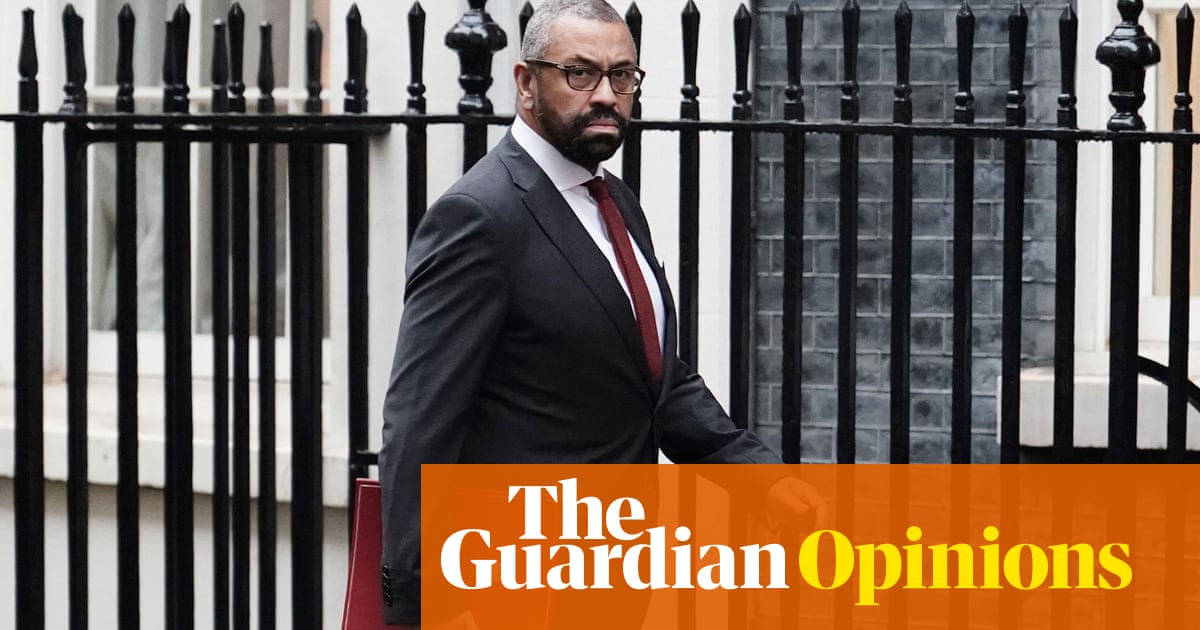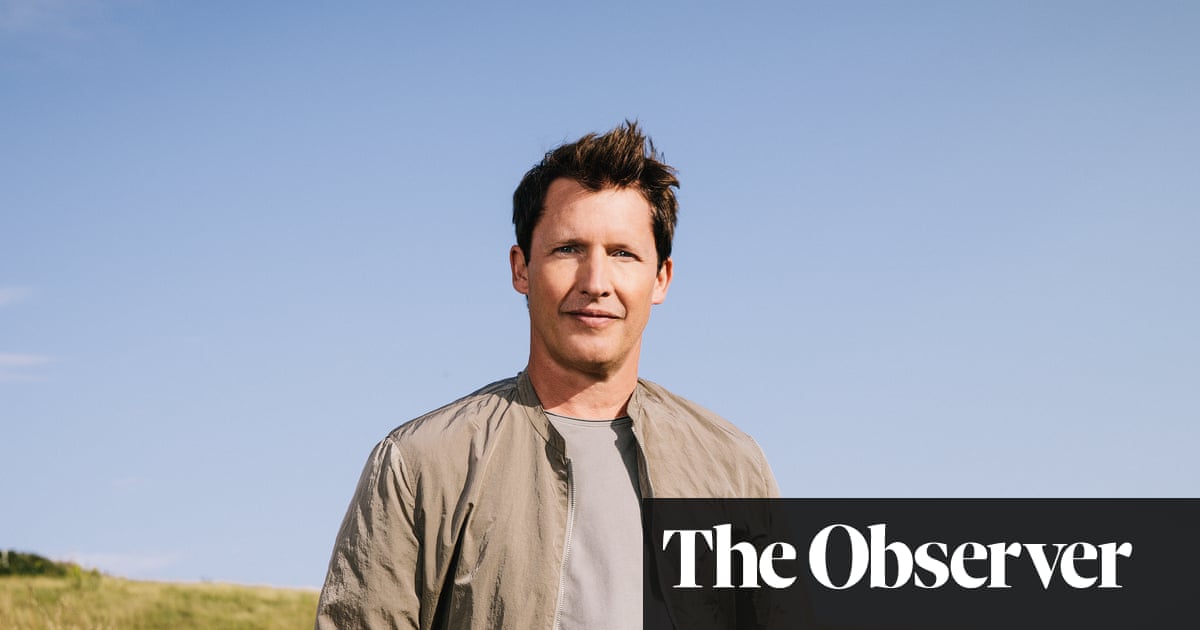
My first ever time voting was joyous. I was a first-year student at Amherst College in Massachusetts, and on the night of 4 November 2008 a small group gathered in a friend’s dorm room to watch the results come in. When the news networks called Ohio for Obama, we streamed out of the dorm and found that everyone else was doing the same, and that the “Freshman Quad” was an effervescent mass of cheers, dancing and drum circling.
There was a hint of that memory on Sunday when I walked into the primary school around the corner and voted for the first time as a French and European citizen. I grinned as I went to the table displaying stacks of differently coloured papers – each showing the face of the party leader on one side, and the “list” of associated candidates on the other. Inside a curtained voting booth, I carefully folded one of those papers, for Raphaël Glucksmann’s list, placed it inside a tan envelope that said “République Française” on the outside, and then dropped the envelope into a transparent box.
But instead of joy, the rest of the day was overshadowed by trepidation. Vladimir Putin is already at war with Europe, overtly and behind the scenes. Donald Trump may well win in November, and if he does, the United States will go from being Europe’s often aloof and sometimes frustrating ally to seeing the EU as, in Trump’s words, a “foe”. Trump’s gut instinct leads him to the same place as Putin’s dark logic – fracture Europe into a continent of individually small nations that, weak and alone, can be overpowered and used.
Europe has a small window of time to truly prepare for this, and yet the far right is ascendant, doing Trump and Putin’s work for them. The irony is thick: just days after the 80th anniversary of Europe’s victory over fascism, the National Rally (RN) is the largest party in France, with about 32% of the vote.
The polling had been indicating this result for months; the real surprise was when Emmanuel Macron dissolved the legislature and called new elections. My first shocked thought was: “Has he gone mad and just given in to what the RN has repeatedly demanded?”
My successive thoughts were slightly more moderated. Macron had no real choice but to do this. If he didn’t, the RN would scream repeatedly that he was a tyrant and a dictator, deposing motion after motion of censure against the government (which would probably be joined by the leftist party France Unbowed, LFI). Macron would have little credibility to do anything, either in France or in Europe.
Legislative elections are, in a way, Macron calling the electorate’s bluff, the way Charles de Gaulle did in 1962, and again in 1968, when he dissolved the Assemblée Nationale in response to the May protests and was given a new mandate by voters. France is a small-c conservative country, and it often feels like for all the revolutionary rhetoric, the French only want a revolution in theory. Que tout change sans que rien ne change. There is a lag between how critical European policymaking has become and the importance voters accord to European elections; will French voters hand Marine Le Pen and Jordan Bardella the keys in an election that “matters” – and a two-round one at that?
The result of this election will likely be that no party will be able to run as the “anti-Macron opposition” in 2027; everyone will own the impending years of ungovernability. A controlled burn, perhaps, rather than a blaze.
But maybe Macron is just flailing in the wind, and, without some sort of strategic masterstroke at play, is simply playing with fire. What is different in France today is that the small business owners no longer vote the way they have historically voted since de Gaulle – for the mainstream conservatives. They vote RN, as does a good chunk of the youth.
I struggle with this last realisation, with the hold that a type of nostalgia politics exerts among people of roughly my generation for a time they never lived in, and that never really existed anyway. How to push back against this is a deeper problem, and it’s one the media bears significant responsibility for having created.
The world has problems, certainly. But there is also a disconnect between perception and reality in the general idea that “this is not a good time to be alive”. That it is inconceivable that things might be better today than they were before. French media is particularly guilty of falling into this narrative of never-ending catastrophe, compounded by the fact that French intellectual culture treats optimism with far more disdain than cynicism. As a place to live, France is, on the whole, generally doing well. But if you grow up confronted with a message, incessant like the unchanging beat of industrial techno, that the country has become some type of hellscape, is it a surprise that you might vote accordingly?
Leaving the primary school, I saw the plaque that adorns every one in Paris – to the memory of the 114,000 Jewish children deported from France to death camps with the collaboration of the Vichy government between 1942 and 1944, listing how many had come from that arrondissement.
The insistence that the status quo could not be worse ultimately enables worse to come. Nostalgia politics floats on an ocean of forgetting. As the plaque implores, let’s not just think about how far we need to go, but let’s also remember how far we’ve come.
Alexander Hurst is a Guardian Europe columnist












